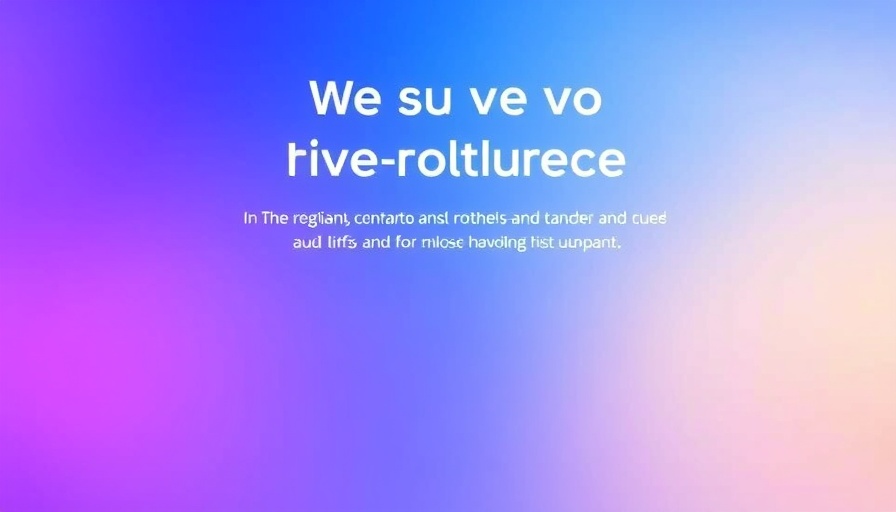
Understanding the Root Causes of Job Dissatisfaction in Dentistry
Disillusionment among dental professionals is becoming increasingly prevalent, a topic that has been thoroughly explored in the latest edition of Dental Protection's journal, Riskwise. In an editorial by Raj Rattan, Dental Director at Dental Protection, the nuanced concept of professional dissatisfaction is dissected, revealing that it is often more complex than merely disliking dentistry as a vocation.
The Distinction Between Environment and Profession
Rattan emphasizes that many dentists mistake dissatisfaction with their immediate work environment for a broader disillusionment with the entire profession. "When dental professionals say they no longer enjoy dentistry, they are often expressing frustration with their specific workplace, rather than the field as a whole," he states. Understanding this distinction is crucial as it can lead to more informed discussions about workplace improvements and the well-being of practitioners.
Impact of a Positive Work Environment
A supportive and nurturing work culture is vital for dental professionals. Discontent can sharply impact performance, patient care, and overall mental health, intertwining personal well-being with professional success. An environment that fosters communication, offers support, and values contributions allows dental practitioners to thrive. This, in turn, enhances patient satisfaction and increases retention rates in the profession.
AI in Dentistry: Future Prospects
The latest issue of Riskwise also features a diverse panel discussion that explores the role of artificial intelligence (AI) in the future of dentistry. With insights from prominent experts such as Dr. Yunpeng Li from King’s College London, the panel delves into how integration of AI can innovate dental practices, streamline workflows, and ultimately improve the patient experience. As the profession evolves, embracing technology can alleviate some pressures faced by dentists and improve job satisfaction.
Coping with Stress in Dental Environments
Research funded by the MPS Foundation, included in the issue, addresses resilience to stress encountered in dental practices. Stressors can range from the pressures of clinical responsibilities to the emotional toll of patient interactions. Continued research and discussions are essential as they inform strategies to build resilience, ensuring that professionals are equipped to handle these challenges effectively.
Exploring Clinical Protocols and Patient Safety
In addition to workplace satisfaction, Riskwise addresses significant clinical issues such as consent protocols and improving General Dental Council (GDC) investigations. A noteworthy case study included in this edition reviewed the unfortunate incident of a tooth extraction mishap, which serves as a reminder of how critical it is to adhere to procedures that protect both patient safety and practitioner well-being.
Conclusion: Taking the First Steps Towards Change
The prevailing sentiment shared by Raj Rattan urges dental professionals to look within and explore the driving factors behind their dissatisfaction. Creating an environment rooted in communication, support, and respect could lead to a more fulfilled and happier workforce. For dental practitioners, recognizing the impact of workplace culture is crucial for achieving long-term job satisfaction and success.
It’s time for dental professionals to take active steps toward evaluating their work environments and demanding changes that cultivate happiness and satisfaction in their practices.
 Add Row
Add Row  Add
Add 




Write A Comment